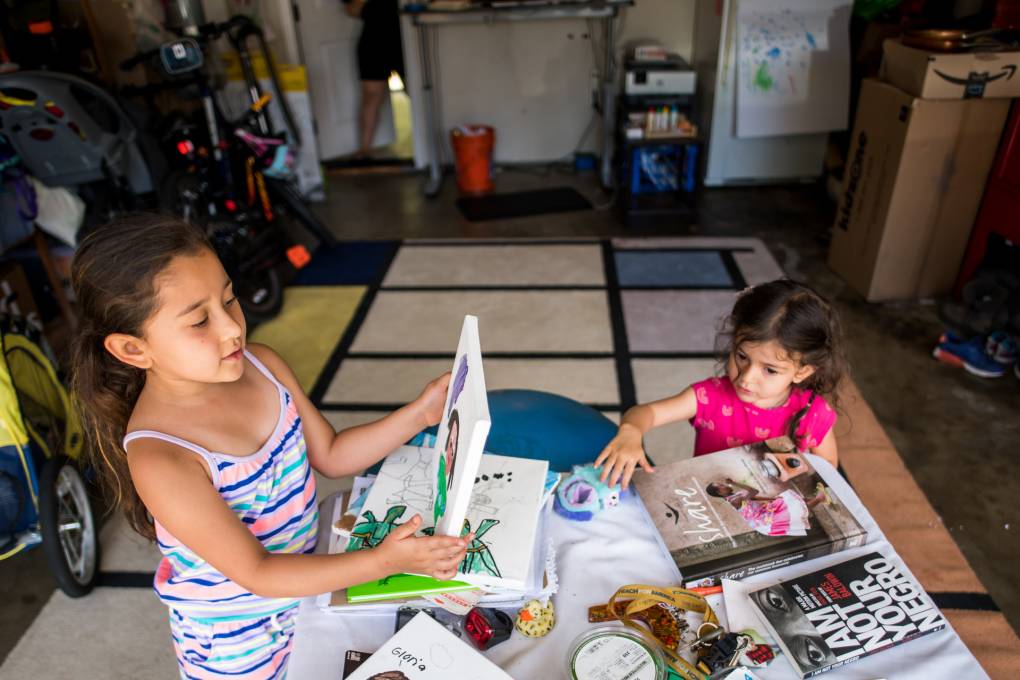The Confederate Flag Didn’t Bother Bubba Wallace. Until It Did.Posted in Articles, Biography, Media Archive, Social Justice, United States on 2020-06-22 00:05Z by Steven |
The Confederate Flag Didn’t Bother Bubba Wallace. Until It Did.
The New York Times
2020-06-19
 Barry Cantrell |
The only black driver in NASCAR’s top tier, he has emerged as an impassioned activist who got the flag banned at races in the largely white sport after years of putting up with it.
Darrell “Bubba” Wallace Jr., the only black driver in NASCAR’s top racing series, has drawn widespread attention and acclaim for his principled stand that got the Confederate flag banned from races in a largely white sport.
Yet, after years of often quiet acceptance of the sport’s “racist label,” as he put it, nobody was more surprised than his mother that he had become a central figure in the sports world’s upheaval regarding race.
“I was shocked,” his mother, Desiree Wallace, said in a telephone interview. “I said, ‘Wait a minute, is this my son? The one who doesn’t really care about anything but getting in the car and driving?’ I’m tripping that he’s gone from being a racecar driver to becoming a daggone activist. Who does that? Not Bubba.”
Yet a series of events, particularly the killing of a black man, Ahmaud Arbery, while he was jogging in a predominantly white neighborhood in Georgia, flipped a switch in Wallace, he and those who know him said…
Read the entire article here.






